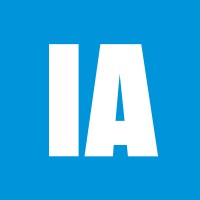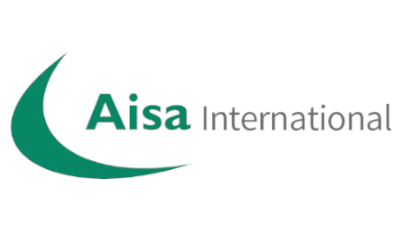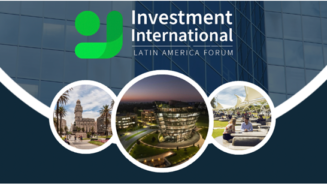
If you really want to understand what you have to consider to be MiFID licenced, or you are an investor and want to understand the difference between an investment firm (MiFID) and an insurance-based firm (IDD), the difference in qualifications, additional diligence required and protections available, responsibility and higher standards adhered to by a MiFID firm for your benefit then read on.
MiFID licences come in many forms. A basic MiFID licence is often used for passporting into EEA countries, but it restricts advisers’ ability to operate flexibly. Such a licence does the basics, often leading to holders simply directing investments to “own funds” (vertically integrated setups) or other Discretionary Investment Managers (DIM’s).
In order to actually be independent or discretionary a more advanced MiFID Securities licence is required. Aisa International (which runs the OpesFidelio network) anticipated it would take 6-8 months, €50,000 (not including capital adequacy) and require 3 key qualified members of staff.
In reality, the licence was granted after 18 months and no small amount of stress, €100,000 in costs, 2 qualified directors, a qualified compliance officer, a supervisor, separate supervisory board and an investment manager (6 key qualified members of staff before even considering senior admin or process staff) plus an external auditor. Additionally, it took us almost 6 months alone to prepare our setup, before putting in the application.
We elected to go for a discretionary securities licence so that we could operate as a portfolio manager and allow our advisers to be independent- investing in shares, ETFs and world-wide collectives. Ultimately, having a securities licence means we can run portfolios, funds and have appointed agents anywhere we want in the EEA, although each adviser needs qualifications recognised in the EEA. The annual cost is around €200,000, with a capital adequacy requirement minimum of €125,000.
Do investors really understand the difference between an IDD licence and a MiFID licence?
There are significant and onerous regulatory requirements placed on the securities licenced firm for the investors benefit, including Transparency rules. The extra due diligence required by the firm before recommending funds and the fact that warranty protections provide extra cover for investment firms are just two small demonstrations of the wide difference between IDD and MiFID firms. Additionally, EU IDD only firms will soon also be restricted as to the types of British pensions they can advise on.
IDD places none of the burdens listed above and the qualifications of advisers in some countries are still no more than the NVQ level 3 exams which are insufficient for MiFID and countries such as the UK or USA. It seems clear to us that once investors do learn to understand the difference then they will quickly migrate to firms with a securities MiFID licence.
To advisers and firms that operate in the EEA we would say ‘go and get the qualifications. Join the future, apply for these licences and we can all promote more trust in the investment industry’.
To use an analogy-When one boards a plane one would expect the pilot to not only be qualified but to be up to date, and for the plane to be licenced, serviced and checked independently. No one expects to board a commercial airliner piloted by someone who passed their tests in a Cessna 5 years ago who, by association worked with another aviation company, only use an aircraft which is not independently checked and not serviced for a couple of years. Would you put your trust in such a pilot or organisation?
Conclusion
Obtaining a securities MiFID licence was a chore (more detail here) but, despite the hard work, stress and costs we have no regrets as to where we are now.
It was possibly the most difficult thing our firm has had to do in 25 years, which leads to some satisfaction at achieving this licence. We, also, now have an appreciation of what any other MiFID firm has had to go through. They have our support, but we now challenge them to be truly independent as well and let’s change the industry for the better for the benefit of our clients.






